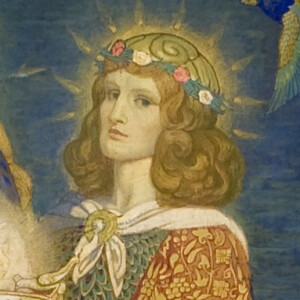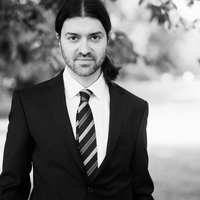
Samuel Gillis Hogan on Fairies in English Ritual Magic and Occult Philosophy, 1400-1700
Did you know that there is a whole practical and occult-philosophic corpus dealing with the summoning and controlling of faeries? Samuel Gillis Hogan tells us about his research in the archives of early-modern British faerie-magic.







